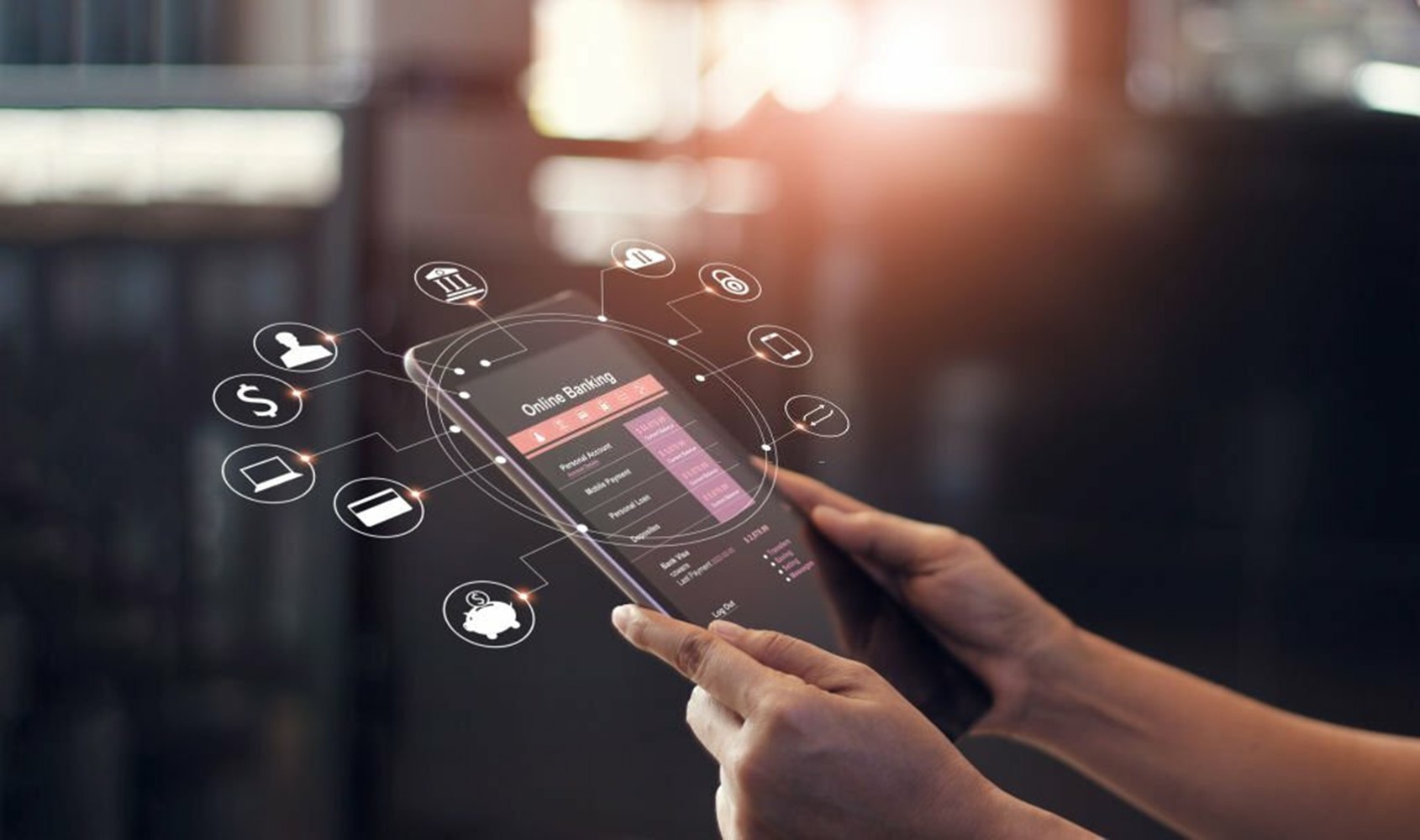Smartphone Technology: Revolutionizing the Digital Era
Introduction
Smartphone technology has become an integral part of our daily lives, transforming the way we communicate, work, and access information. From the early days of basic cell phones to today’s sophisticated smartphones, the evolution has been remarkable.
The Components of Smartphone Technology
Hardware Components
Smartphones are equipped with advanced hardware components that contribute to their functionality. Processors and memory determine the device’s speed and multitasking capabilities. Display technology has evolved from basic LCD to vibrant OLED and AMOLED screens. Battery innovations ensure longer usage without compromising portability.
Software Components

Operating systems, such as Android and iOS, drive the software side of smartphones. Mobile applications, ranging from social media to productivity tools, enhance user experience and utility.
Key Features of Modern Smartphones
Advanced Cameras
Modern smartphones boast high-quality cameras, enabling users to capture professional-grade photos and videos. The integration of multiple lenses and AI enhancements enhances photography capabilities.
Biometric Security
Biometric features like fingerprint sensors and facial recognition provide secure and convenient unlocking options, safeguarding sensitive information.
Artificial Intelligence Integration
AI plays a crucial role in smartphones, enhancing user experience through personalized suggestions, voice assistants, and predictive capabilities.
The Impact of Smartphone Technology on Communication
Social Media Connectivity
Smartphones have revolutionized social interactions, connecting people globally through platforms like Facebook, Instagram, and Twitter.
Instant Messaging Evolution
The evolution of messaging apps has made communication instantaneous, with features like multimedia sharing, voice notes, and group chats.
Video Calling Advancements
High-quality video calls on smartphones facilitate virtual meetings, connecting people irrespective of geographical distances.
Smartphone Technology and Productivity
Mobile Office Applications
Smartphones enable productivity on the go, with mobile office applications providing access to emails, documents, and collaborative tools.
Remote Work Facilitation
The COVID-19 pandemic underscored the importance of smartphones in enabling remote work, with communication and collaboration tools becoming indispensable.
You May Also Like : Augmented Reality: Bridging Realities for a Transformed World
Educational Tools
Smartphones serve as educational aids, providing access to online courses, e-books, and interactive learning applications.
Emerging Trends in Smartphone Technology
5G Technology
The rollout of 5G technology enhances data speeds, reducing latency and opening doors to innovations like augmented reality and connected devices.
Foldable Screens
Foldable smartphones introduce a new form factor, combining portability with larger screen sizes for enhanced user experience.
Augmented Reality (AR) and Virtual Reality (VR)
Smartphones are increasingly incorporating AR and VR technologies, offering immersive experiences in gaming, education, and entertainment.
The Environmental Impact of Smartphone Technology
Electronic Waste Management
The rapid pace of smartphone upgrades contributes to electronic waste. Sustainable disposal methods and recycling initiatives are crucial for minimizing environmental impact.
Sustainable Practices in Smartphone Manufacturing
Manufacturers are adopting eco-friendly practices, such as using recycled materials and reducing carbon footprints in production.
Challenges and Concerns
Privacy and Security Issues
Smartphones raise concerns about data privacy and security breaches. Continuous efforts are needed to enhance encryption and user protection.
Addiction and Mental Health Concerns
The addictive nature of smartphones and constant connectivity raise concerns about mental health. Striking a balance between digital engagement and well-being is essential.

Future Prospects of Smartphone Technology
Integration with Internet of Things (IoT)
Smartphones will play a central role in the IoT ecosystem, connecting and controlling smart devices in homes, offices, and beyond.
Wearable Technology Synergy
The integration of smartphones with wearable devices like smartwatches and AR glasses will create seamless and interconnected user experiences.
Conclusion
Smartphone technology has reshaped the way we live and interact, transcending mere communication devices to become indispensable tools for work, education, and entertainment. As we navigate the evolving landscape, it’s crucial to balance innovation with environmental sustainability and address challenges to ensure a positive impact on society.
FAQs
- Are smartphones harmful to the environment?
Smartphones contribute to electronic waste, but efforts are being made to adopt sustainable practices in manufacturing and disposal.
- How has smartphone technology impacted education?
Smartphones have transformed education by providing access to online learning resources and interactive tools.
- What are the privacy concerns associated with smartphones?
Privacy concerns include data breaches and unauthorized access, emphasizing the need for robust security measures.
- Can smartphones contribute to mental health issues?
Excessive smartphone use and constant connectivity may contribute to mental health concerns, emphasizing the importance of digital well-being.
- What role will 5G play in the future of smartphones?
5G technology will revolutionize smartphones by providing faster data speeds, enabling innovations like augmented reality and connected devices.

